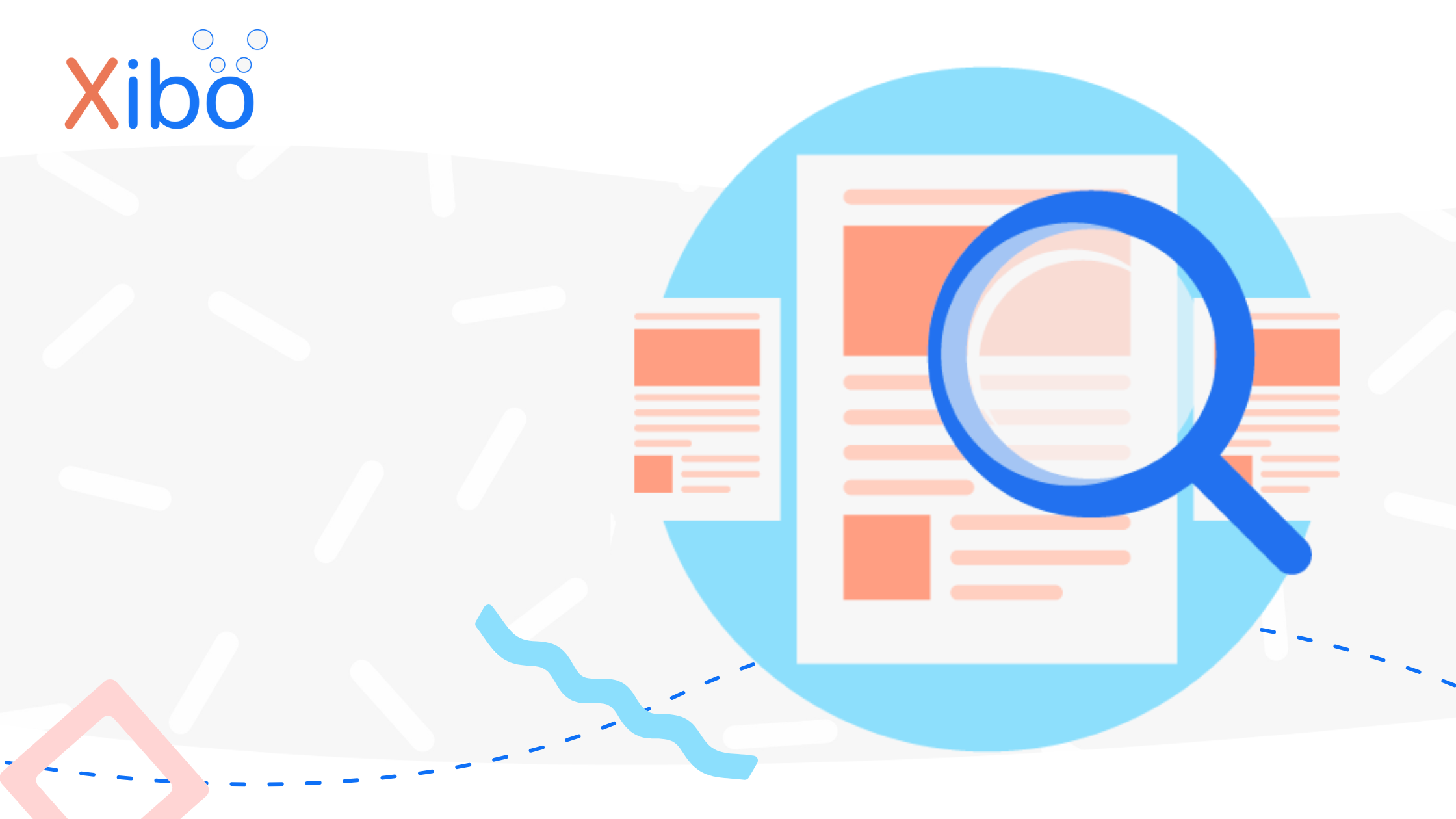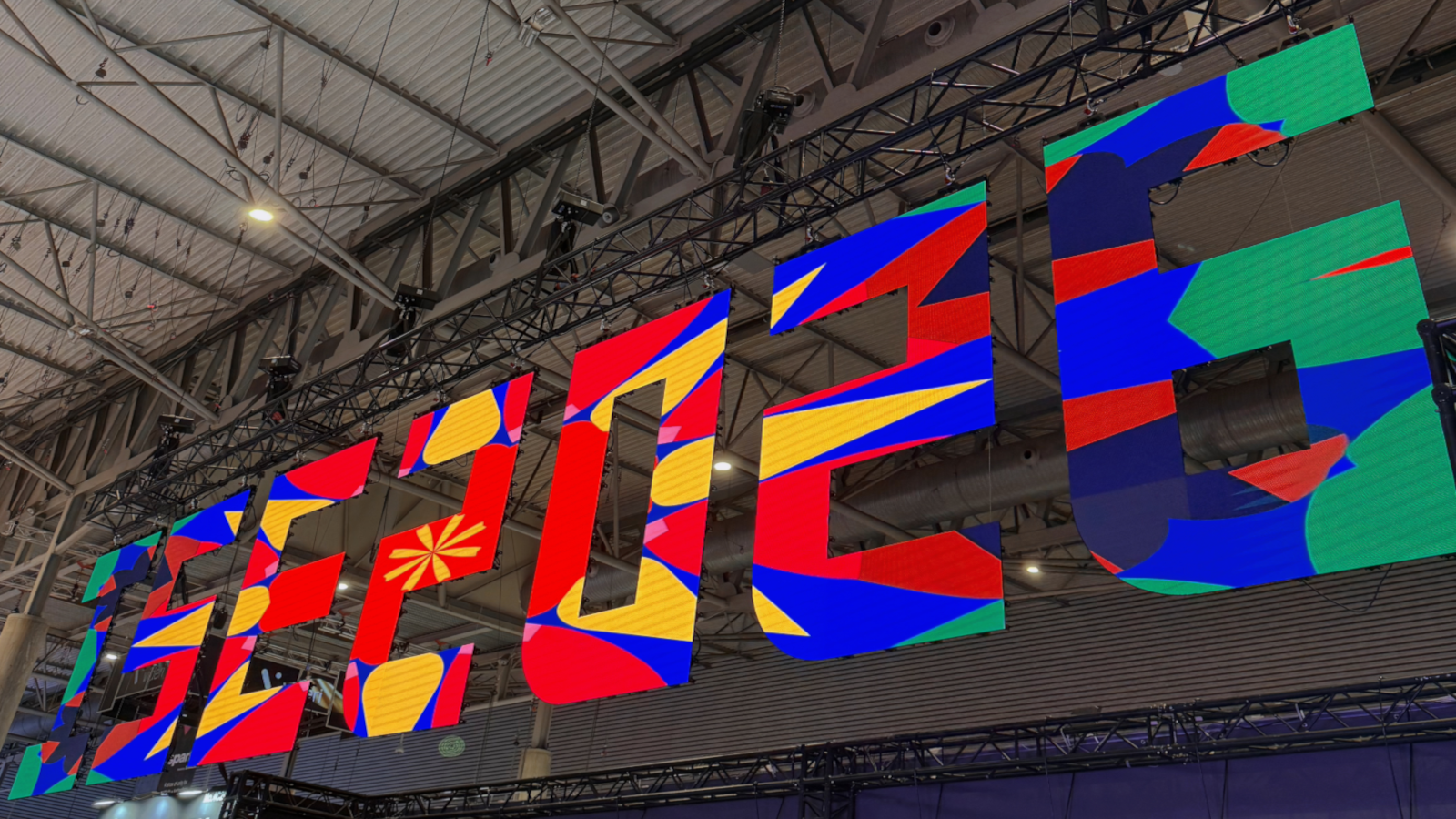Native v HTML Digital Signage: Which is best?
The information contained on this page is now archived. Please see our website and documentation for current information
With two distinct types of Digital Signage player software available, it is often a topic of conversation as to which is best?
With industry trends once pointing towards HTML, and with the promise of universal, completely flexible signage, (specifically with the release of HTML5) you may ask why today’s trends lean towards native Digital Signage solutions?
Many companies in the world of Digital Signage use HTML based platforms, and it’s understandable why. With no proprietary skills needed, creating an HTML-based player in a browser, and a CMS is relatively easy and cheap, both to develop and to maintain. All content is sourced via a URL, driving costs down further with regards to re-authoring content for alternative media outlets, making an HTML based solution a low cost, quick development platform for Digital Signage, so why would you want anything different?
Native players are often the result of thousands of hours of research and development, with each operating platform (Windows, Android, and webOS) developed from scratch. This makes it a far more robust option than a web-based solution. With a greater focus and more time spent on research and development, players are generally more feature rich than a web-based option. Native players have access to device hardware functionality which is typically inaccessible to an HTML player, such as shell commands, device metrics, file system access, RS232 and much more. These players typically have considerably more control of the device, bringing advantages of reporting, troubleshooting and improved reliability. Content for native players can take many forms and can be driven by internal data such as inventory and sales, making signage more of a bespoke fit to capture your target audience. The most effective signage is about the right screens, in the right locations, showing the right content after all!
So what if you could have a player that benefits from both the sophistication of native development and the flexibility of HTML functionality?
Xibo is comprised of a web-based, open-source content management system and a choice of Windows, Android and the recently-announced addition of Xibo for webOS native signage players. Xibo Players have been architected to benefit from both native and HTML capabilities. Each player is developed using native technologies on the intended operating system (Windows, webOS, and Android) and takes full advantage of the deep integration this brings. In addition, each native player leverages an embedded web browser to display HTML5 content when appropriate. This means that if a piece of content will be better presented natively, it is, but if it’s better shown in HTML5 the player uses that technology instead. The core functions of the player, such as content caching, networking, scheduling, and monitoring are always handled natively ensuring peak performance and reliability. With a fully-featured CMS, which includes layout design features, display management, scheduling, and analytic reporting, Xibo provides a powerful and reliable solution.
Xibo has 7 years of development behind it and a highly skilled team who are constantly reacting to feedback from customers and the community. This brings new and revised features and added functionality with each major release. The Xibo player does far more than just show content, it downloads content for offline playback, makes decisions about scheduling and receives secure, encrypted push notifications from the CMS.
Native software offers a higher level of rendering with sharper transitions and vibrant images and so Xibo natively renders video and image widgets, with the potential for device specific native handling of other widgets designed using the CMS’s Module system. The standard offering can be extended with custom modules to produce HTML5 embedded widgets which are cached on the Player and shown using the built in web technology.
Xibo gives that needed third option of digital signage software player by incorporating both native quality and functionality of HTML, making Xibo the player of choice!



.png)